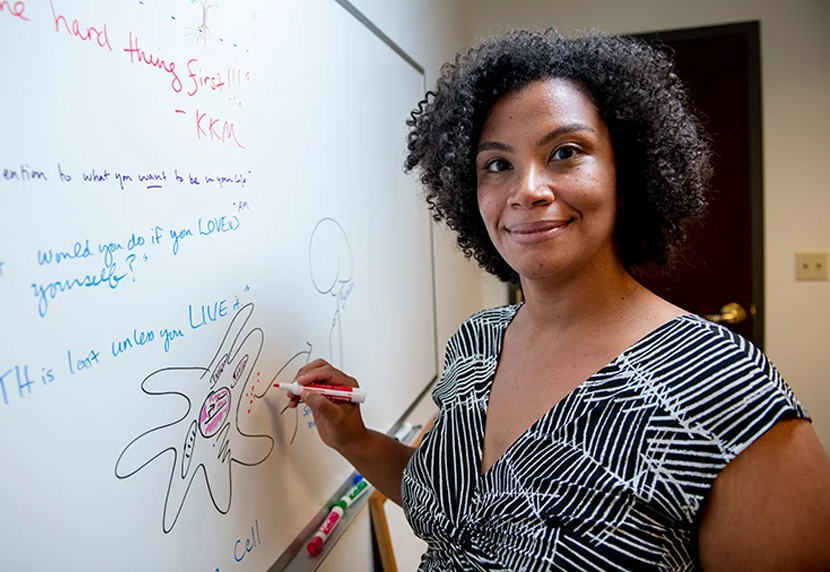Bipolar disorder (BD) is complex, characterized by episodes of changes in mood and energy as well as by periods of depression, mania or hypomania. For people living with bipolar disorder to flourish, they need the right diagnosis, at the right time, and the right treatment, based on a combination of medication, psychotherapy and a healthy lifestyle. But many people living with bipolar disorder go undiagnosed, don’t receive high-quality or evidence-based care — and, as a result, have poor outcomes.
To help address these problems and to improve outcomes, the team at the Dauten Family Center for Bipolar Treatment Innovation at Massachusetts General Hospital is designing and planning the launch of the Bipolar Disorder Learning Health Network (BDLHN), a system designed with and for the bipolar community, including people with BD and their families, clinicians, advocacy groups, researchers, healthcare systems and payers.
The learning health network is a proven model used in other medical disciplines, and has shown to improve outcomes and foster collaboration and innovation among providers. Learning health networks do so by creating an environment where participants can learn from each other, inform and accelerate research and share data to improve the quality of clinical care and provide equitable health outcomes. To date, the BDLHN has secured 18 healthcare systems as members and is expected to scale up membership in two years’ time.
What is the Role of BDLHN?
BDLHN will collect and leverage many data points from every participating BD patient’s clinical visit. Andrew Nierenberg, MD, director of the Dauten Center, associate director of the Depression Clinical and Research Program and co-director of the Center for Clinical Research Education at Mass General, says that BDLHN centers on improving outcomes by building a community based on curiosity, generosity, humility and trust. Notably, BDLHN is the first learning health network in psychiatry.
“In six short months, we have succeeded in bringing together 18 health care systems, along with many different experts — experts who live with bipolar disorder, experts in quality improvement, as well as clinicians, researchers and information technology experts. Our plan is to launch a registry in the fall of 2024,” says Dr. Nierenberg.

Kicking Things Off
In November 2023, 80 people convened in Cincinnati, Ohio for the first design meeting. This in-person kick-off was a pivotal moment and critical step in forming the close relationships necessary to build a high-performance team and to set goals and priorities, including:
- Determining how BDLHN will help both children and adults with BD
- Recognizing that patient groups have unique needs, which must be reflected in the model’s design
In March 2024, the BDLHN group reconvened in Boston to address challenges, solve problems and begin improvements, such as establishing a system to decrease death by suicide. The next steps for BDLHN are to define the best ways to implement a system that provides reliable and valid diagnoses, captures and leverages the most important data points and ensures that health care systems agree to share their data.

An Audacious Goal
Mass General leadership and faculty have been supportive of the Department of Psychiatry’s efforts to obtain data, including the frequency of emergency room visits, from the electronic medical records of more than 500 Dauten Center BD patients across seven years. Mass General analysts will also provide data on approximately 35,000 patients treated within the greater Mass General Brigham system.
Dr. Nierenberg and his team share that none of this work would be possible without the generous support of donors to BDLHN and the Dauten Center, including philanthropists Kent and Liz Dauten — steadfast Mass General donors who recognize the need for continued research into this life-altering illness that affects more than six million people across the United States. The Dauten Center’s work on BDLHN is also made possible thanks to the advocacy of Maurizio Fava, MD, psychiatrist-in-chief at Mass General, and through the passion and dedication of faculty and staff.
“We have the audacious goal of improving outcomes for people of all ages living with bipolar disorder — and building an organization that will allow everyone to contribute and innovate,” says Dr. Nierenberg. “We expect that within the next year, we will bring together thousands of patients in the registry to begin to change the system of care.”
For more information on BDLHN and the Dauten Center, please contact us.






